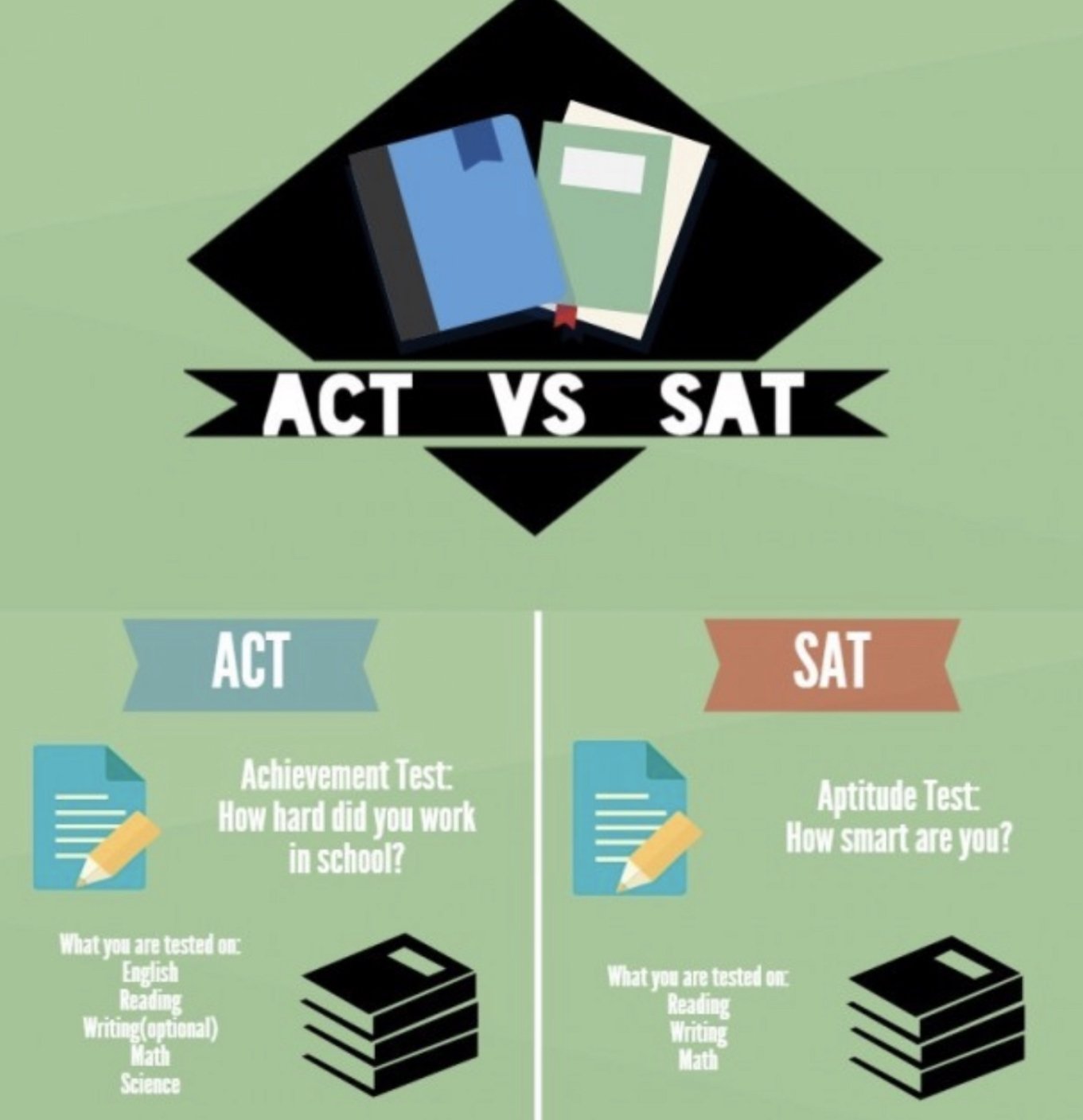The common app essay is a unique part of your college application. Aside from your transcript, application, and test scores (possibly), it is one of the only parts of the application that can show a part of who you are that stands a part from the rest of the other applicants. It is your voice. I have helped hundreds of students write their essay. Here is my advice and my tips for how to write an amazing essay!
1. The essay should tell an authentic story about you. You have complete control over this part of your application.
2. Admission committees do not take a long time to read and review each application. Therefore, an essay that ‘hooks’ the reader will stand out in the admission officer’s mind, for whom, will inevitably, be the person that delivers and discusses your application to the committee.
3. Don’t write what you think the admissions committee wants to hear. I repeat, don’t write what you think they want to hear. Your entire application should be about you, not someone who you think they’ll accept.
4. Do not repeat any information about you that has already been communicated in other parts or your application.
5. Speak directly. Your voice will be heard. Discuss parts of you that you are most proud of.
Here is a quick outline of how to go about creating your essay.
1. Writing is a process. Have patience. Many students have been asked to write a personal narrative. If so, you can refer back to that assignment to help you start the process of your college essay. It should take at least 3 to 4 drafts for a well-crafted essay.
2. Take time to choose the right topic. A unique quality about you, experience or event should be discussed but it should be relevant to who you are today and who you want to become in the future. So, take time to write down a number of topic ideas. Think about them and start a draft of one or a few of your ideas. Over time, you will see which topic stands out and for which you feel most passionate about.
3. The idea you chose to write about should be simple. Simple.
4. Share a piece of who you are and reflect: For example, I am a listener. I like to ask questions and take the time to listen. At one of my first jobs, I realized that I enjoyed advising and working with students because I was a person in their life that listened to their thoughts and problems. It has helped me to be a strong student advocate, counselor and teacher.
5. Make sure you are answering the essay prompt. The common app essay is a 650 word essay.
6. Have a teacher or counselor review your essay.
7. Ensure that you have carved out time over the entire summer to dedicate to working through each stage of the writing process. Manage your time. You’ve got this!
Here is the website for the common app essay prompts:
https://www.commonapp.org/blog/2022-2023-common-app-essay-prompts

